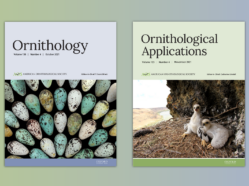Nomination period extended for AOS Officers & Elective Councilors
The AOS Committee for Nomination of Officers and Elective Councilors is continuing to seek nominations, including self-nominations, for the following leadership positions, which will be on the upcoming 2022 ballot: …

